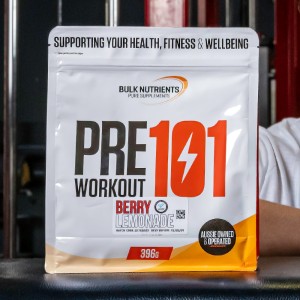Why Do Carbohydrates Make Me Tired?
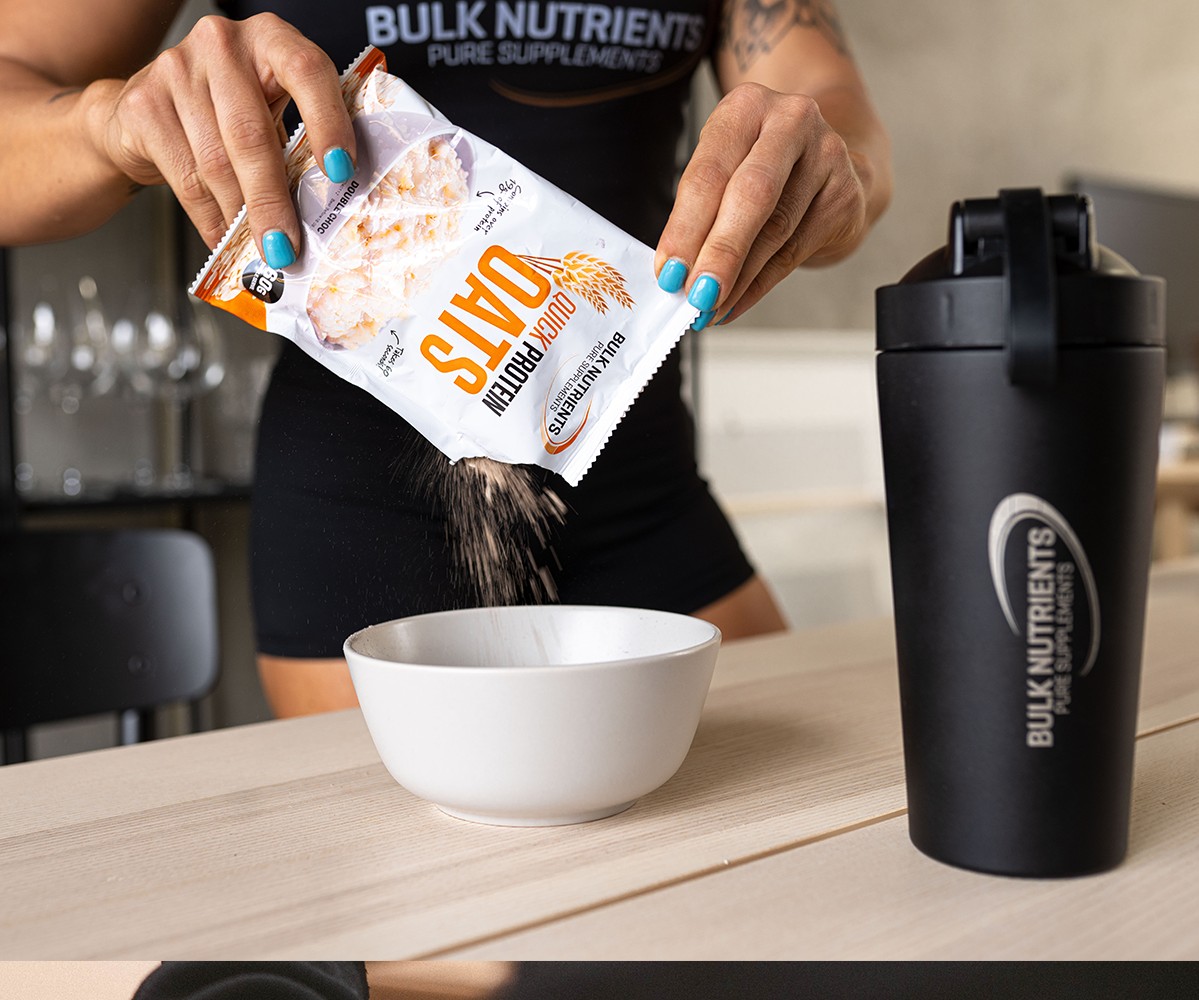
Carbohydrates and sleep
You know the feeling; you consume a heap of carbohydrates and suddenly, BANG! It hits.
You're super tired and you find yourself closing your eyes longing for a nap.
So, why does this happen?
Firstly, serotonin is a chemical that regulates our mood and sleep cycles. Serotonin interacts with the areas of our brain that modulate circadian rhythm, sleep and waking.
And every time we eat carbohydrates, we're raising our plasma level of the amino acid tryptophan; an essential amino acid found in animal and plant-based proteins.
And tryptophan helps our body produce serotonin; the precursor to melatonin in our pineal glands.
And it's the melatonin that finishes off the job of making us sleepy; it synchronises circadian rhythms and improves the onset, duration and quality of our sleep.
To recap briefly:
Carbohydrates help raise tryptophan which converts into serotonin, then melatonin, which makes us sleepy.
High GI carbohydrates and sleepiness
And the type of carbohydrates we consume can play a role in how tired we feel, too.
Research right here in Australia finds that high glycaemic index (GI) carbohydrates increase the proportion of tryptophan more than a low carbohydrate option.
And this makes total sense to anyone; most of us will admit to feeling tired after a hefty dose of high GI carbs! I'm talking about foods like white bread, rice cakes, most crackers, bagels, cakes, doughnuts, croissants, most packaged breakfast cereals, chocolate, and lollies.
The researchers fed their study subjects one of three meals:
1. A carbohydrate high-GI meal
2. A mixed carbohydrate and protein high-GI meal
3. A mixed low-GI meal.
After four hours, glucose, insulin and amino acids were measured and compared to the other meal options.
They found a high-GI rice-only meal elicited the biggest release of insulin and the highest ratio of tryptophan to other amino acids.
The high-GI and protein meal produced a similar but smaller response.
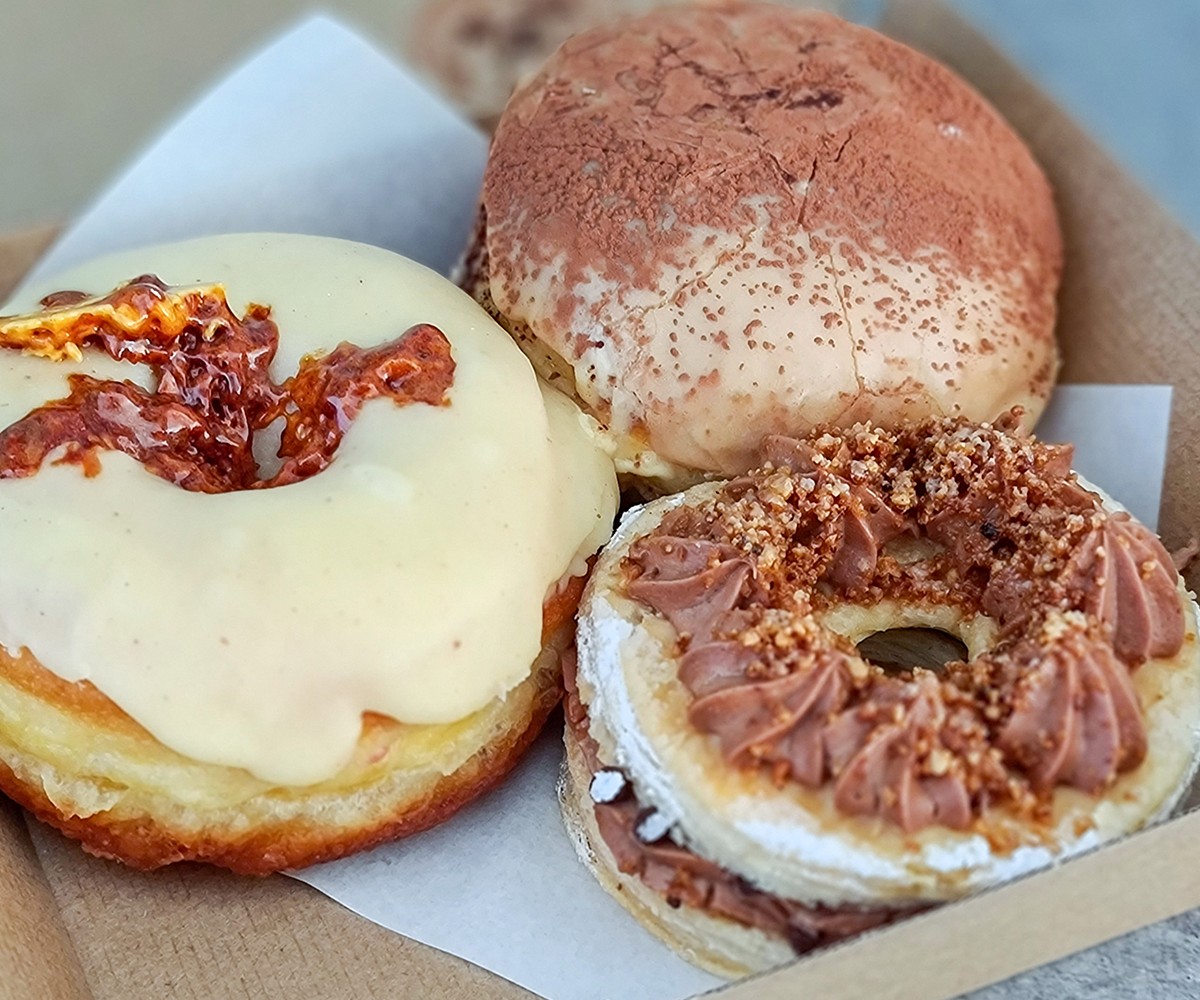
The researchers concluded that the "higher the glycaemic response to a meal, the greater the availability of tryptophan is to the brain."
And this is because the increase in insulin translates to a larger absorption of neutral amino acids into muscle, which results in a greater concentration of tryptophan in the bloodstream.
Protein and carbohydrates to battle tiredness
It's critical to know that consuming protein with carbohydrates is a better strategy for not feeling as tired.
This is because the consumption of protein brings along with it all the other amino acids too, which compete with tryptophan for uptake into the brain.
So, instead of it being a small race of tryptophan only headed for the brain, it becomes a race between tryptophan and all the other amino acids from your protein (up to 10 others!).
Of course, that's a race a lot harder to win for tryptophan.
So, what happens then is that your protein consumption causes a greater influx of amino acids that overpowers the tryptophan in your blood, and doesn't elevate brain tryptophan or serotonin.
Now, of course, caffeine and/or pre workout is a great way to increase alertness and decrease melatonin secretion, so if this is something you struggle with a lot, there are ways to combat it!
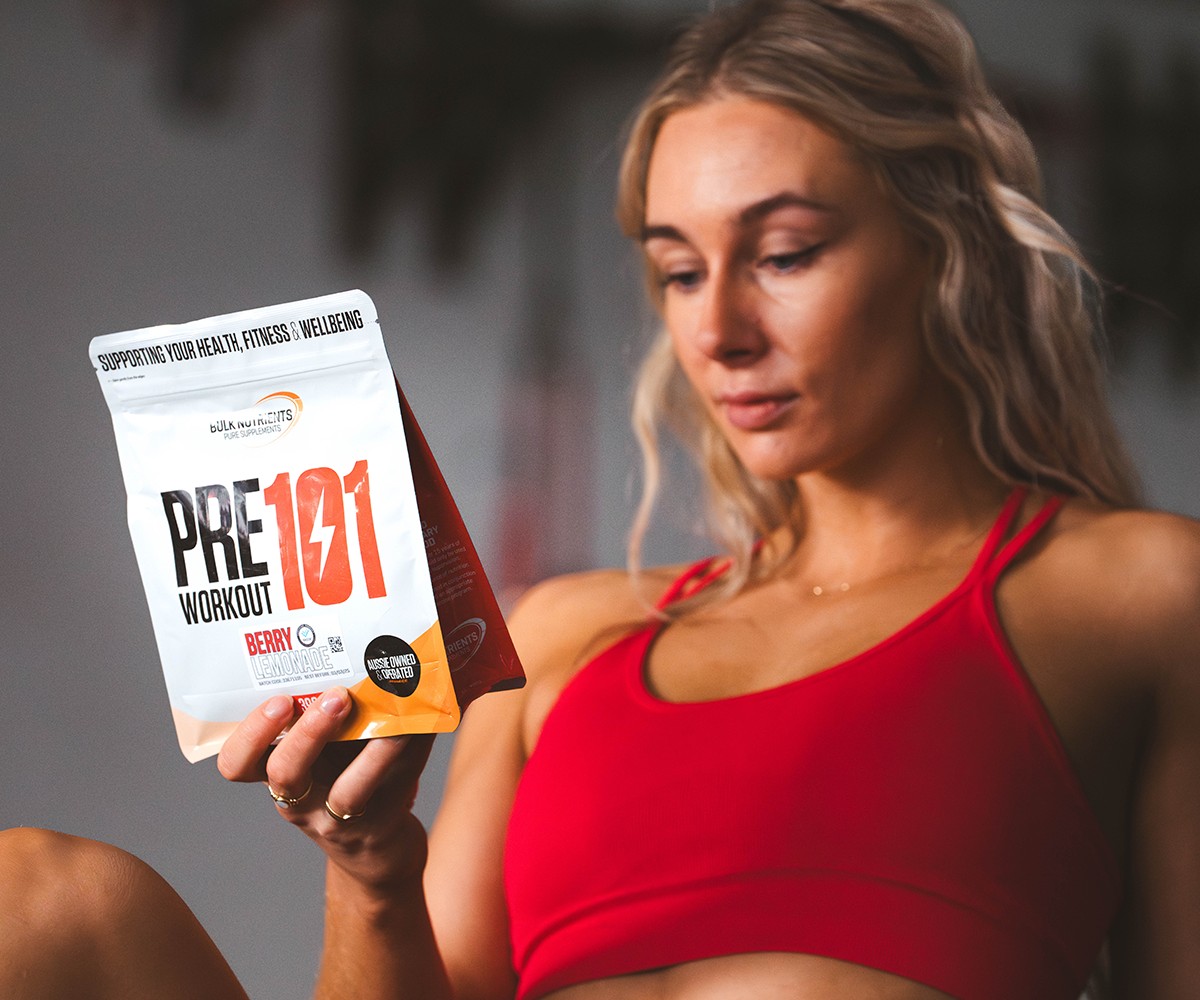
The other alternative of course is to consume protein with your carbohydrates (which you should be doing anyway!) or protein alone with a source of fibre (vegetables).
But it doesn't mean high GI carbs are off the table.
For example, it's fine to have white bread with your chicken sandwich, as the protein prevents sleepiness as we've learned, but so does the fats contained (avocado, cheese, etc).
This is because dietary fats blunt the insulin response from carbohydrates. So whether you have white bread or brown bread with your hypothetical chicken and avocado sandwich, doesn't really make any difference.
Moreover, a lunch finished with a coffee can really ensure there's no sleepiness, so you're free to carry on with your day with a decent level of energy!
How you can use your diet to help you sleep
It all tends to make a lot of sense now. Sometime after dinner, a dessert really high in sugar can cause us to crash right out.
Well, now we know more about why!
But then, of course, we can use this to our advantage.
We can try consuming high GI carbs (within our daily macronutrient allowance, of course) right before bed, if we ever have trouble sleeping. It's a strategy scientists have been talking about for years.
The bottom line is that science confirms what we've known for years; carbohydrates do in fact make us sleepy! Upon ingestion, they help raise tryptophan which converts into serotonin, then melatonin, a hormone that makes us feel tired. But we can negate this by consuming protein with carbohydrates, and not just high GI carbohydrates alone!
This is because tryptophan has to compete with all the other amino acids from the ingested protein, and doesn't raise brain serotonin and thus melatonin. Alternatively, we can use this information to our advantage; consuming high GI carbohydrates before bed for the chance to fall asleep faster.
References:
- Afaghi A, O'Connor H, Chow CM. High-glycemic-index carbohydrate meals shorten sleep onset. Am J Clin Nutr. 2007 Feb;85(2):426-30. doi: 10.1093/ajcn/85.2.426. Erratum in: Am J Clin Nutr. 2007 Sep;86(3):809. PMID: 17284739.
- Fernstrom, J. D., and Wurtman, R. J., Science, 178, 414 (1972).
- Kałużna-Czaplińska J, Gątarek P, Chirumbolo S, Chartrand MS, Bjørklund G. How important is tryptophan in human health? Crit Rev Food Sci Nutr. 2019;59(1):72-88. doi: 10.1080/10408398.2017.1357534. Epub 2017 Sep 1. PMID: 28799778.
- MADRAS, B., COHEN, E., FERNSTROM, J. et al. Dietary Carbohydrate Increases Brain Tryptophan and Decreases Free Plasma Tryptophan. Nature 244, 34–35 (1973). https://www.nature.com/articles/244034a0
- Portas CM, Bjorvatn B, Ursin R. Serotonin and the sleep/wake cycle: special emphasis on microdialysis studies. Prog Neurobiol. 2000 Jan;60(1):13-35. doi: 10.1016/s0301-0082(98)00097-5. PMID: 10622375.
- Spring B. Recent research on the behavioral effects of tryptophan and carbohydrate. Nutr Health. 1984;3(1-2):55-67. doi: 10.1177/026010608400300204. PMID: 6400041.
- St-Onge MP, Mikic A, Pietrolungo CE. Effects of Diet on Sleep Quality. Adv Nutr. 2016;7(5):938-949. Published 2016 Sep 15. doi:10.3945/an.116.012336
- Ursin R. Serotonin and sleep. Sleep Med Rev. 2002 Feb;6(1):55-69. doi: 10.1053/smrv.2001.0174. PMID: 12531142.
- Xie Z, Chen F, Li WA, Geng X, Li C, Meng X, Feng Y, Liu W, Yu F. A review of sleep disorders and melatonin. Neurol Res. 2017 Jun;39(6):559-565. doi: 10.1080/01616412.2017.1315864. Epub 2017 May 1. PMID: 28460563.
Related Blogs

High Protein Mini Bagels
Posted by Bulk Nutrients
Recipe difficulty: Easy
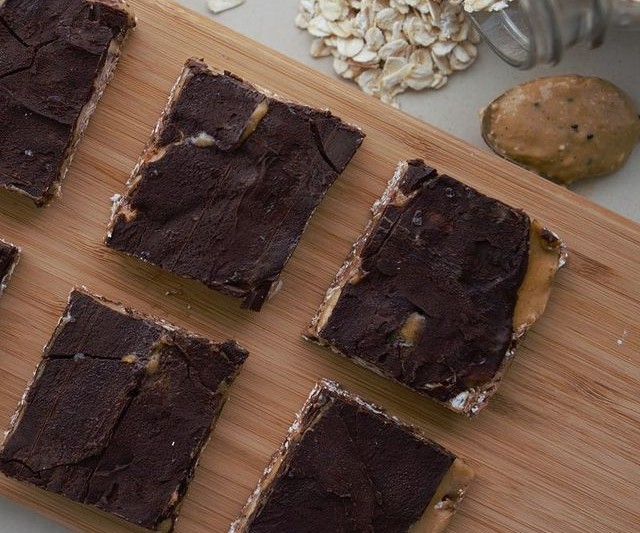
Low Carb Caramel Slice
Posted by Bulk Nutrients
Recipe difficulty: Moderate
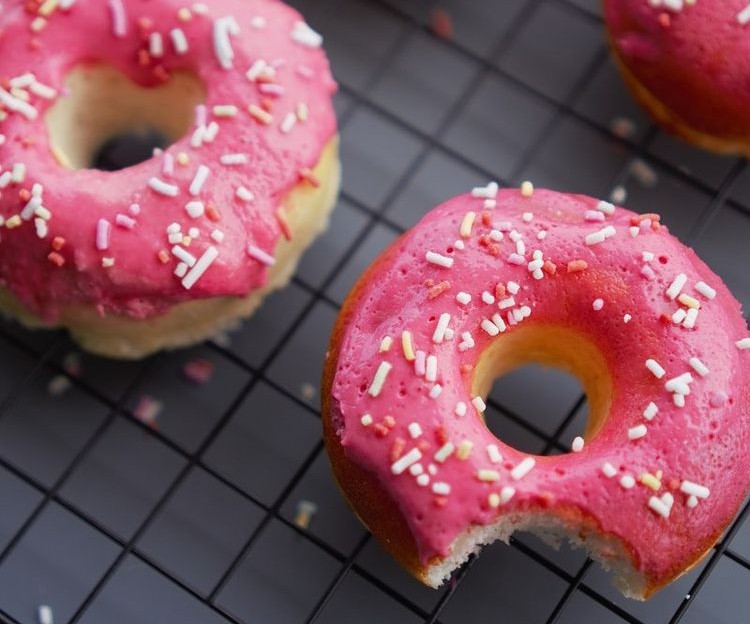
Low Carb Doughnuts
Posted by Bulk Nutrients
Recipe difficulty: Hard
